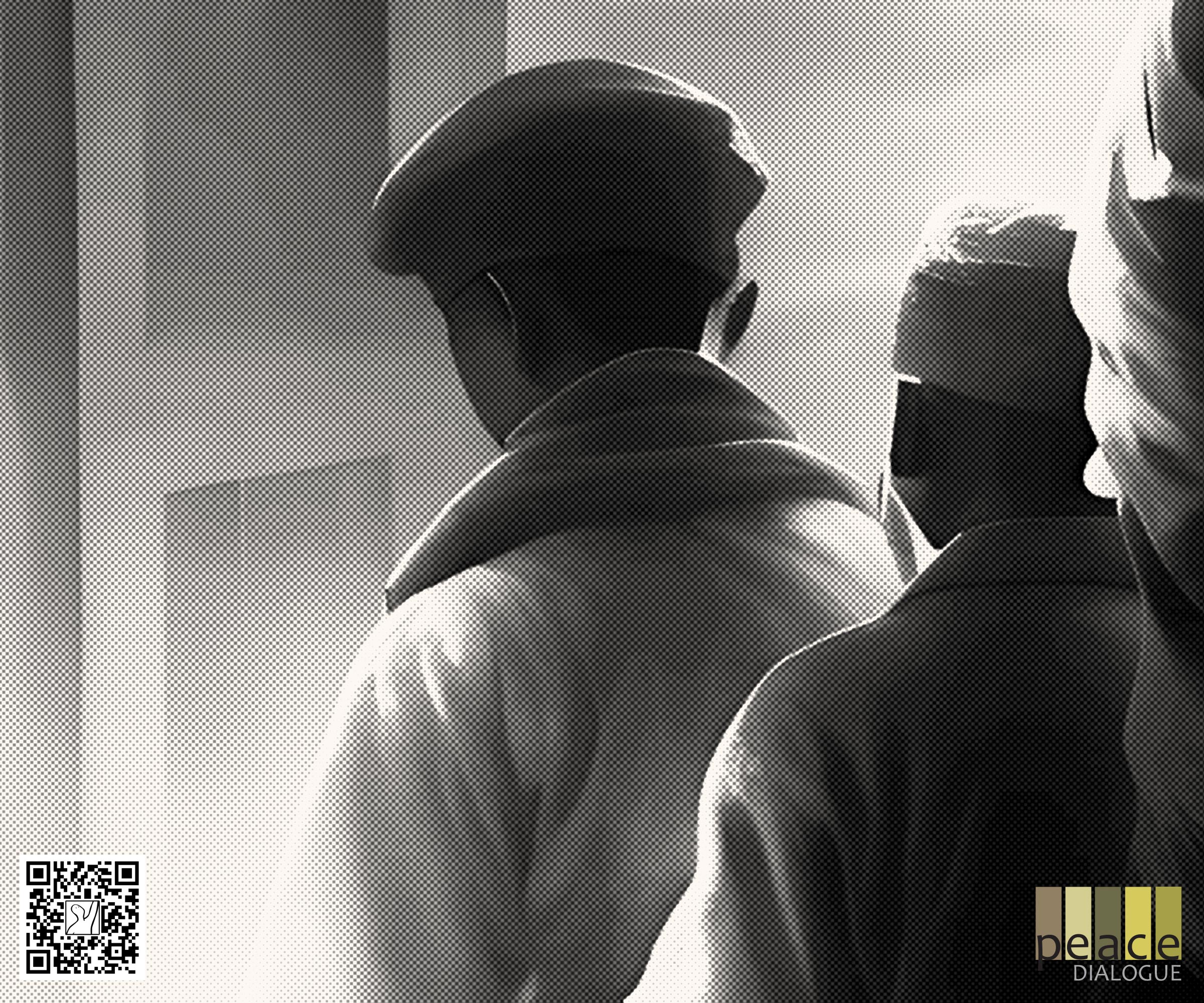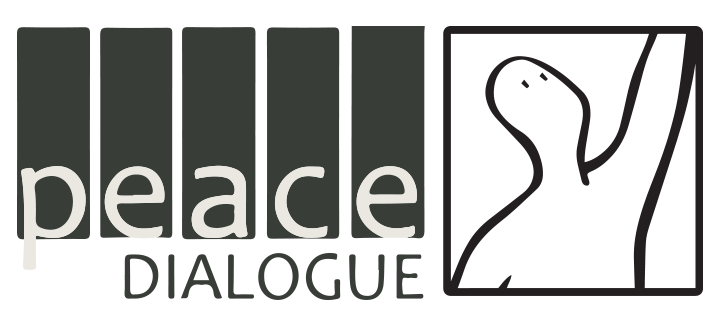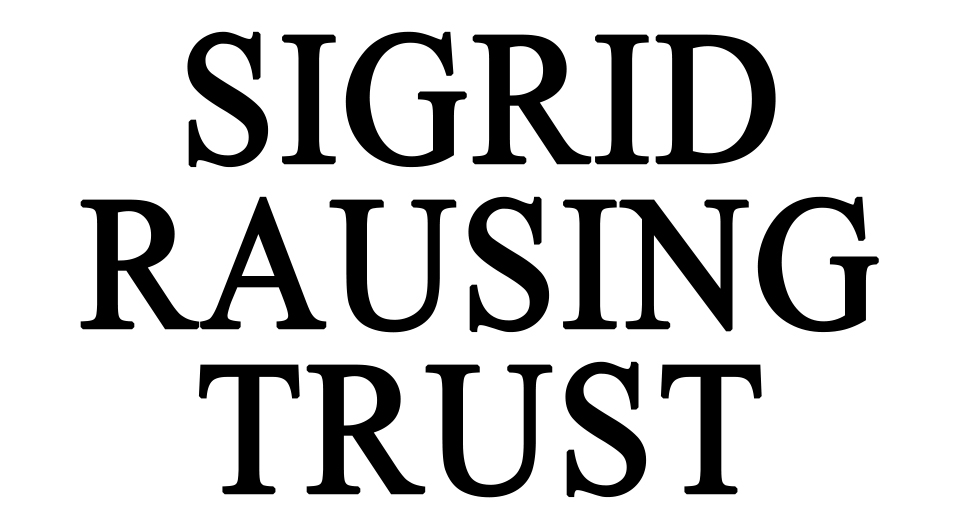
© 2023. ILLUSTRATION BY PEACE DIALOGUE NGO
On June 10, 2023, Peace Dialogue NGO published a summary report entitled “The Legal Status of Former Prisoners of War in the Republic of Armenia”. The document presents the international legal acts that should be guided by when establishing legal regulations regarding former prisoners of war in order to ensure their rights.
In the report, the organization presents a set of recommendations consisting of ten points, which were sent to the General Prosecutor’s Office of the Republic of Armenia, the Ministry of Defense, the Ministry of Health, the Ministry of Labor and Social Affairs and the Ministry of Justice, as well as the offices of the Human Rights Defender, the Security Council and the Representative for international legal matters.
The organization enquired the mentioned institutions to provide a conclusion on the submitted recommendations related to their functions in order to develop future joint effective steps aimed at protecting the rights of repatriated former prisoners of war.
![]() Under the link below, please find the submitted recommendations in English (PDF).
Under the link below, please find the submitted recommendations in English (PDF).
Below we present the response of the aforementioned institutions.
THE GENERAL PROSECUTOR’S OFFICE
![]() The General Prosecutor’s Office stated that:
The General Prosecutor’s Office stated that:
“The summary report on the legal status of former prisoners of war in the Republic of Armenia based on the study carried out by the Peace Dialogue NGO was taken into consideration and there are no recommendations regarding it.”
MINISTRY OF LABOR AND SOCIAL AFFAIRS
![]() The Ministry of Labor and Social Affairs also responded that the Ministry has no recommendations or comments regarding the report.
The Ministry of Labor and Social Affairs also responded that the Ministry has no recommendations or comments regarding the report.
MINISTRY OF JUSTICE
![]() The Ministry of Justice responded that the recommendations are outside the scope of the ministry’s jurisdiction.
The Ministry of Justice responded that the recommendations are outside the scope of the ministry’s jurisdiction.
OFFICE OF THE REPRESENTATIVE ON INTERNATIONAL LEGAL MATTERS
![]() Welcoming the publication of such a report and emphasizing the importance of the issues raised in the latter, the Office of the Representative on international legal matters, nevertheless, stated that the recommendations contained in the report are beyond the scope of authority of the institution.
Welcoming the publication of such a report and emphasizing the importance of the issues raised in the latter, the Office of the Representative on international legal matters, nevertheless, stated that the recommendations contained in the report are beyond the scope of authority of the institution.
In addition, the institution informed that the report was forwarded to the Interagency Commission on Prisoners of War, Hostages and Missing Persons, for their information.
SECURITY COUNCIL
![]() The office of the Security Council of the Republic of Armenia also informed that the recommendations are beyond the authority of their institution, at the same time noting that the office of the Security Council values the position of the Ministry of Defense of the Republic of Armenia regarding the report mentioned in the enquiry.
The office of the Security Council of the Republic of Armenia also informed that the recommendations are beyond the authority of their institution, at the same time noting that the office of the Security Council values the position of the Ministry of Defense of the Republic of Armenia regarding the report mentioned in the enquiry.
MINISTRY OF DEFENSE
![]() In response to the enquiry submitted by the Peace Dialogue NGO, the Ministry of Defense of the Republic of Armenia presented the following position.
In response to the enquiry submitted by the Peace Dialogue NGO, the Ministry of Defense of the Republic of Armenia presented the following position.
“The report is a comprehensive analysis based on studies of relevant documents, laws, legal regulations, and conventions, which also includes the practices and legal framework of foreign countries regarding the status of former prisoners of war.”
The ministry emphasized that the recommendations presented in the analysis are valuable, justified and that they will be taken into consideration during the implementation of changes aimed at filling legislative gaps.
The Ministry of Defense specifically informed that.
a) According to the N order of the RA Minister of Defense of 2021, after returning from captivity, the servicemen are required to undergo a medical examination, if necessary, treatment, and if a change in the degree of fitness to military service is assumed, a military medical expertise is carried out.
b) Decision on the expediency of enlisting in combat duty the servicemen who have returned from captivity and are recognized as fit for military service is made based on the assessment of the latter’s psychological (psychophysiological) state.
c) Regarding the recommendation to establish the causation of diseases or injuries that the repatriated servicemen have received or acquired during captivity, the ministry informed that if a long period of time has passed, it is almost impossible to implement it.
At the same time, within the framework of the conclusions drawn from the results of the military medical expertise, it is mandatory to determine the causal connection of the injury received or the disease acquired with the military service, according to the requirements of decision No. 405-N of RA Government dated 12.04.2018.
d) The issue of the right to receive free health care throughout life for a soldier who has been in captivity and has been repatriated, should be discussed with the representatives of other governmental bodies, because after their discharge, the health care of the servicemen is not in the domain of the Ministry of Defense and must be carried out in civilian hospitals.
At the same time, the Ministry stated that
“… the right to receive free health care should be established only in the case when, as a result of the official investigation conducted in connection with the fact of the serviceman being in captivity, it was established that being in captivity is not a consequence of the serviceman voluntarily leaving the military unit or the place of service or the battlefield and (or) voluntarily surrendering as a prisoner, or if there is no criminal proceedings initiated under the relevant article of the Criminal Code of the Republic of Armenia (Criminal actions by a captive serviceman) and it has been confirmed that the injury (mutilation) received or the disease acquired was a result of captivity.”
e) The Ministry also agreed with the recommendation to hold trainings and courses for specialists involved in carrying out medical examination in accordance with the provisions of the Istanbul Protocol in cases of torture, inhuman or degrading treatment or other punishment.
The Ministry informed that it is also advisable to organize such trainings and courses in cooperation with other interested departments, adding that this will ensure the state’s positive duty towards the victims of torture and ill-treatment.
MINISTRY OF HEALTH
![]() Referring to the recommendations of Peace Dialogue NGO aimed at protecting the rights of former prisoners of war, the Ministry of Health specifically stated:
Referring to the recommendations of Peace Dialogue NGO aimed at protecting the rights of former prisoners of war, the Ministry of Health specifically stated:
a) Regarding the first paragraph of section “The right to health care of former prisoners of war” of the report that mentions “the legal status, rights and responsibilities of former prisoners of war are not established by RA legislation, there is also no regulation according to which former prisoners of war would have the opportunity to receive free health care,” the ministry informed that, according to clause 6 of the procedure for the selection of a doctor providing primary health care services and the registration of the population at his office, approved by Annex 1 of the Government Decision N 420-Н dated 30.03.2006, every citizen of the Republic of Armenia (including the repatriated prisoner of war mentioned in the Report) is guaranteed free of charge state guaranteed primary health care (PHC) and receives primary health care services under other conditions from the PHC doctor of the PHC medical institution whom she/he voluntarily chose and with whom she/he had registered according to the established procedure.
Within the framework of the state guaranteed free of charge medical assistance, the scope of services provided in PHC medical institutions, including the list of narrow professional consultations (ophthalmologist, otolaryngologist, cardiologist, neurologist, surgeon) and the list of laboratory-instrumental diagnostic tests on the referral of the PHC doctor according to medical instructions, were approved by the standard approved by the appendix to the Order N 40-N of the Minister of Health dated 13.06.2022.
b) According to Article 11, Part 2, Clause 1 of the Law “On Psychiatric Aid and Services”, in accordance with the procedure and in the cases provided for by the legislation, the state guarantees urgent psychiatric aid and services for every person with a mental health problem within the framework of programs for the preservation and improvement of the population’s health, as well as inpatient and outpatient psychiatric care and services.
c) According to the Ministry, the following wording in the report. “…By making an amendment to the regulation, meanwhile, it is possible to ensure the right of former prisoners of war to receive free of charge health care…” needs clarification, because it is not clear which regulation the recommendation refers to. The wording of the same section “… there are possible situations when a serviceman receives an injury during captivity, but the serviceman is not recognized as disabled and is discharged from service on another basis, in which case he cannot benefit from free medical care on the basis of Point 10, mentioned above…” is also incomprehensible according to officials of the institution, because the list of socially disadvantaged and separate (special) groups of the population who have the right to receive free and preferential health care and services guaranteed by the state, approved by Annex 1 of the government decision No. 318-Н dated 04.03.2004, under paragraph 19, includes those persons who were demobilized due to an injury or illness received during military service, and who were not recognized as having a disability (hospital medical care and service within the framework of the individual program of services drawn up by the commission for assessing the functionality of a person) as a result of the assessment of functionality and are not included in the list.
d) In regard to ensuring the right of former prisoners of war to receive free and quality medical care for life presented in the “Right to health care of former prisoners of war” and “Recommendations” sections of the report, the ministry informed that this issue can be considered in the context of the introduction of a comprehensive health insurance system, which will be launched in 2024 and will be implemented in several phases.
e) The Ministry of Health has expressed its willingness to organize a discussion according to the information of the Office of the Human Rights Defender mentioned in the report, regarding the health problems of former prisoners of war, including complaints about mental health.
THE OFFICE OF THE HUMAN RIGHTS DEFENDER OF ARMENIA
![]() The Department for Human Rights Protection in the Criminal Justice and Armed Forces of the Human Rights Defender’s Office stated that the ideas highlighted in the Report, including the proposals presented in combination with international practices and domestic regulations regarding the legal status of former prisoners of war, can become an effective way to discuss existing problems in the field and find targeted solutions. They also noted that the Human Rights Defender also receives many complaints related to the issues concerning the proper realization of the rights of the persons who have returned from captivity and those of their families, for example, issues concerning medical examination of citizens who have returned from captivity, their re-engagement in military service, exclusion from combat duty, access to social assistance programs, etc. Moreover, in their response letter the Human Rights Defender’s Office mentioned that the Defender is willing to cooperate with Peace Dialogue NGO in identifying the sectoral problems and finding their systemic solutions.
The Department for Human Rights Protection in the Criminal Justice and Armed Forces of the Human Rights Defender’s Office stated that the ideas highlighted in the Report, including the proposals presented in combination with international practices and domestic regulations regarding the legal status of former prisoners of war, can become an effective way to discuss existing problems in the field and find targeted solutions. They also noted that the Human Rights Defender also receives many complaints related to the issues concerning the proper realization of the rights of the persons who have returned from captivity and those of their families, for example, issues concerning medical examination of citizens who have returned from captivity, their re-engagement in military service, exclusion from combat duty, access to social assistance programs, etc. Moreover, in their response letter the Human Rights Defender’s Office mentioned that the Defender is willing to cooperate with Peace Dialogue NGO in identifying the sectoral problems and finding their systemic solutions.
The report “Legal status of former prisoners of war in the Republic of Armenia” was published with funding provided through a grant from the European Endowment for Democracy (EED).
The research behind the report, as well as actions aimed at protecting the rights of former prisoners of war, are being carried out with the funds of a grant provided by the Sigrid Rausing Trust.






